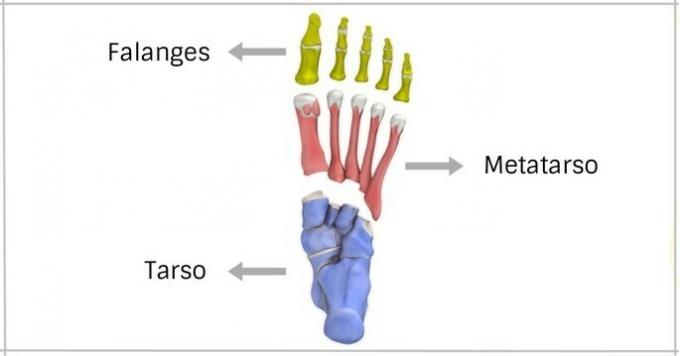Organ donation is a act of love to the neighbor and it can be decisive in determining a person's survival. Many don't know, but in Brazil there are thousands of people waiting to receive an organ, and this gesture of donation is their only hope. According to data from the Ministry of Health, the Brazil is a reference in the area of transplants, being in absolute numbers the second largest transplant in the world. It is noteworthy, however, that this number can be even higher if people become aware of the importance of organ donation.
Read too: Myths and Truths About Organ Donation
What is organ donation?
Organ donation is an act in which one or more body parts they are donated to help treat other people's health problems. This action is, above all, a proof of love for others, as it is an attitude that saves lives. There are currently about 30,000 people waiting in line for a donation.

Which organs can be donated?
Almost every organ in the body can be donated, but some can only be donated after the donor's death. They are
organs that can be transplanted:heart;
liver;
pancreas;
lungs;
kidneys;
corneas;
blood vessels;
bones;
cartilages;
tendons;
skin;
stomach;
intestine.
After being removed, the organs must be quickly taken to their recipient. is called ischemic time the deadline for removing an organ and transplanting it to another person. Below is the acceptable ischemic time of some organs according to the Ministry of Health.
Heart: 4 hours.
Lung: 4 to 6 hours.
Kidney: 48 hours.
Liver: 12 hours.
pancreas: 12 hours.
Read too: bone marrow donation
Do not stop now... There's more after the advertising ;)
Types of Organ Donors
Some organs are essential for our survival, and it is not possible to donate them in life. Others, however, are vital, but can be partially donated, such as the liver and lungs. The donor can also donate one kidney, since we have two and it is possible to survive with only one of these structures. Considering these particularities, we can divide the donors into two groups.
Living donor: he is the one who can, in life, donate one of his organs. You organs that can be donatedyou in life are the kidneys, part of the liver, part of the lung and part of the bone marrow. According to the Ministry of Health, by law, up to fourth degree relatives and spouses can be donors. Those who do not have this degree of kinship can only receive organs from living donors with judicial authorization.
Deceased donor: patient with attested death. The donation, in this situation, must be authorized by family members. We can divide these donors into two subtypes: deceased donor after brain death and who has not suffered cardiorespiratory arrest and donor with cardiorespiratory arrest. In the first case, the donor can donate, according to the Ministry of Health, heart, lungs, liver, pancreas, intestine, kidneys, cornea, vessels, skin, bones and tendons. The donor with cardiorespiratory arrest, in turn, can only donate certain structures, such as the cornea, vessels, skin, bones and tendons.
How to be an organ donor?

To be an organ donor, it is essential to make this desire clear to the family, because, after death, only one family member is authorized to allow the removal of the organs.s. It is noteworthy that, according to the Ministry of Health, when the donor's will is expressly registered, it can also be accepted, if there is a court decision in this regard. It is noteworthy that the low number of donors in Brazil is mainly related to the non-authorization of the family. So, talk to your family if you want to be a donor and explain the importance of this gesture.
Read too: Blood donation: remove all your doubts!
Who can't be an organ donor?
Is important make it clear that not everyone can be a donor, for some infectious diseases and the cause of death can prevent donation. During the pandemic of covid-19, for example, the transplant waiting list increased by 30%, as the disease is an impediment to organ donation. In addition to these situations, people without documentation cannot donate either. With regard to age, there is no limit, the donor's state of health being observed. Children under 18 years of age can only donate with authorization from their guardians.
Who receives the donated organs?
Donated organs are transplanted to people waiting on a single list, in the case of donation after death. As soon as the patient dies, a series of compatibility tests begins to identify possible recipients on the waiting list. When more than one compatible recipient needs the organ, other criteria are analyzed, such as the urgency of each case.
THE removal of organs is done in a surgical center, and the donor is properly replenished. This means that it can be covered normally by the family, without any deformities. It is noteworthy that, in relation to living donation, the recipient can be chosen according to current legislation.
By Vanessa Sardinha dos Santos
Biology teacher
Would you like to reference this text in a school or academic work? Look:
SANTOS, Vanessa Sardinha dos. "Organ donation"; Brazil School. Available in: https://brasilescola.uol.com.br/biologia/doacao-de-orgaos.htm. Accessed on June 28, 2021.


